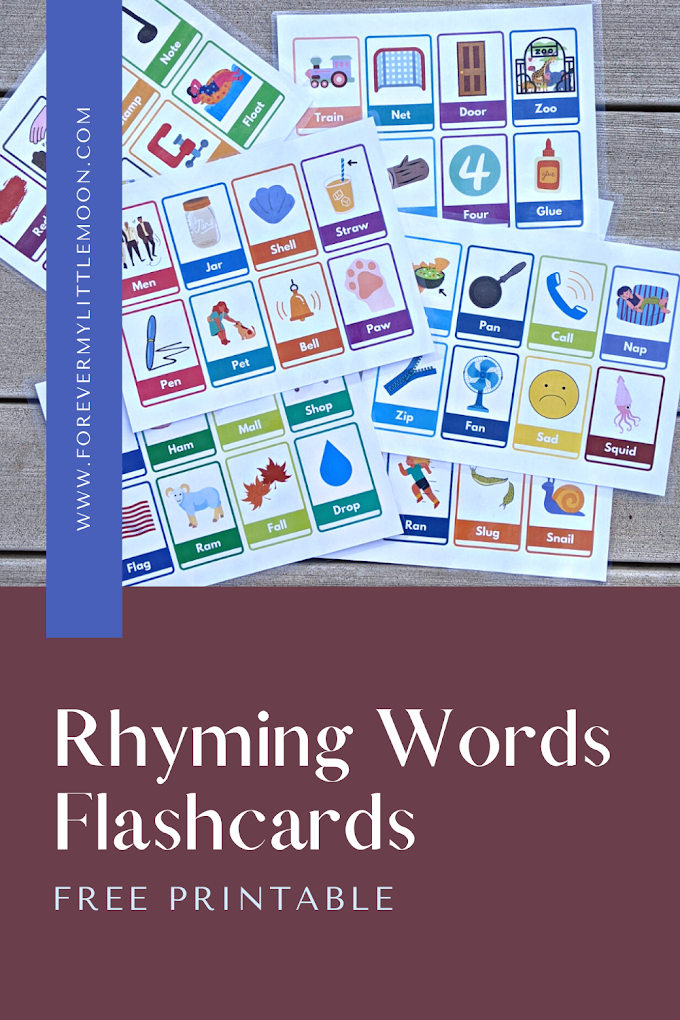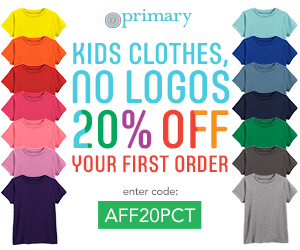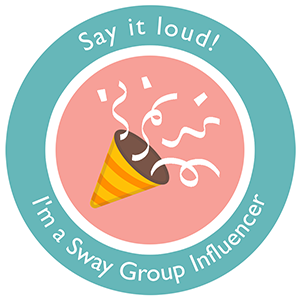Bullying is a Learned Behavior
"Research shows that parents with bully behavior are most likely to raise bully kids. Parents who are overbearing, controlling and aggressive at home are likely to instill this behavior in their kids." (source)
Kids are sponges, they soak up everything you say and do. They watch you like hawks, every move you make determines their fate (source). The moment you call someone "fat" on TV sets them up to call someone "fat" at school (source). This is why racism still persists in our society to this day, because those who demean people of a different race, culture, sexuality, etc, are raising kids to do the same.
Spanking Is a Problem
Have you ever uttered the phrases "Sit down before I smack you" or "Stop that or you'll get a spanking!" or "Don't make me hurt you!" Well if you did, you are bullying your child."Parents and adults who use threats and violent intimidation to get what they want out of their children are bullies." (source)
You are threatening to hurt your child for doing something that you don't want them to do, which is basically what a schoolyard bully does. Does "Give me your lunch money or I'll punch you." sound familiar or "If you don't get out of my way, I'll hurt you."
Those basically mirror statements from what their parents are doing to them. If your kid is a bully, then you are most likely a bully, but disguise it as "good parenting." This is the reason why spankings do more harm than good. You are basically teaching your child that it is okay to make threats and hit people when they aren't doing something you like.
“Parents are very powerful role models and children will mimic the behavior of parents, wanting to be like them. They may believe violence is OK and they can use it with peers. After all, they may think, ‘If Daddy can do this, perhaps I can hit this kid to get my way.’ When parents engage in violence, children may assume violence is the right way to do things..." (source)
Spankings have been proven time and time again by many studies to do more harm than good. Many countries have even banned the abusive practice, but sadly the US still allows parents to hit their children.
"A study by researchers at Tulane University found that children who were spanked more often at age 3 were 50 percent more likely to be aggressive by age 5. The children who had been spanked were more likely to throw tantrums, be defiant, get easily frustrated, demand immediate gratification and show aggression toward others." (source)
I won't get more into spanking as I have covered that in a previous post, which you can read here, but it is abusive and harmful. I believe you should treat others how you want to be treated, and that goes for children. You wouldn't appreciate someone hitting you, so why would you think it's okay to hit your kid? If you want to raise kind children, then you have to be a kind person.
"Home is where empathy is learned or not learned, and school is where the lessons learned at home get played out. If relationships at home are based on fear and intimidation, children are more likely to use the same tactics with their peers. School bullies and victims are significantly more likely to report being physically hurt by a family member or witnessing violence at home than children who had not been bullied." (source)
How You Treat Your Spouse Matters
Also, how you treat your spouse can affect your child's likelihood to become a bully. If they are constantly watching you mock, yell, and disrespect your spouse then they will likely pick up that this is an okay behavior and do it to their classmates (source).Now I'm not saying you shouldn't argue in front of your children. You should, as long as it's healthy. This helps kids learn how to handle confrontation later on. However, don't go screaming, cussing, and calling each other names (which is bullying by the way) in front of them because your child is going to see that and bring it to the playground.
If you have problems communicating with your spouse now, please seek help from a counselor or therapist before your behavior rubs off on your children.
Siblings are a Training Ground for Bullying
Conflicts among siblings are common, but can actually be harmful to their mental health if parents choose not to intervene."Sibling bullying is not relationship-building or training for the real world, as some parents think. It can have the same effects as school bullying by peers, including depression, anxiety and anger, even after just one incident." (source)
Bloodshed or physical violence should not be the only time a parent intervenes when their children fight. They should step in anytime something sounds like bullying such as name-calling and mediate the argument. Let their child know certain words are off-limits or not nice (source).
"If siblings get along at home and interact with some sense of respect and kindness, it is more likely they will mix well in social settings. If they don’t and are, instead, combative, they may be bullies or victims at school. Children often maintain their home roles outside the home, Menesini points out." (source)
Parents need to pay close attention to how their children are treating each other because this will reflect how they treat their peers in school. Don't just ignore your children when they are fighting because you are then just enforcing their roles as bully and victim.
Don't Be a Bully if you Don't Want to Raise a Bully
I live by the rule: "if you wouldn't do it to your spouse or best friend, then you shouldn't do it to your child." You wouldn't slap your wife if she talked sassy to you and you certainly wouldn't spank your best friend if they refused to take off their shoes. You would talk to them about it and work it out.
Kids' minds are of course growing, so they don't understand the first time and it won't be until they are 4 or even older before they develop an understanding of self-control, and even then they are going to make mistakes, we all do (source)! But here's the thing, if they don't understand words, they won't understand being spanked either. Spanking just causes them to fear you and the moment you hit your child is the moment they may begin to think it is okay to do the same to others.
If you want your child to respect you, you have to respect them. You are the adult, you are older, you know more than they do, so you have to be the one to control your emotions. As I said in the beginning, kids are sponges, how you act is how they act. They are reflections of you, so be the kindest, nicest, politest, and best person you can be, because it will rub off on them and instead of raising bullies, you'll be raising kind, loving human beings.
That's why I feel it is important to note that not all who are bullied turn into bullies (sometimes they even turn into victims). However, those that bully were most likely bullied at home.
Not All Who Are Bullied Turn Into Bullies
I was bullied growing up by both my family and others. I didn't know how to stand up for myself. For one I was never taught, and second, I was shy by nature and didn't express my emotions in an aggressive way. I became a victim, an easy target, and it didn't help that I was also mixed race.That's why I feel it is important to note that not all who are bullied turn into bullies (sometimes they even turn into victims). However, those that bully were most likely bullied at home.
Sources & Resources
- Is Bullying Learned at Home?
- Violence in the home leads to higher rates of childhood bullying
- Study: Childhood Bullying Starts With Parents
- Bullying Starts at Home
- New research: Bullying does begin at home
- Bullying: A Problem That Starts and Ends at Home
- Association of Sibling Aggression With Child and Adolescent Mental Health
- Do Parents Really Know Best When Disciplining Their Children?
- Bullying begins at home: What are bully parents teaching their kids?
- Bullying often starts at home
- The 14 Most Destructive Millennial Myths Debunked by Data
- 15 ECONOMIC FACTS ABOUT MILLENNIALS (PDF)
- Parent Survey Reveals Expectation Gap for Parents of Young Children

















